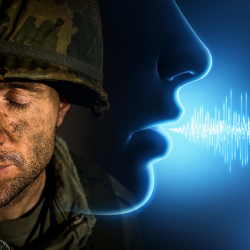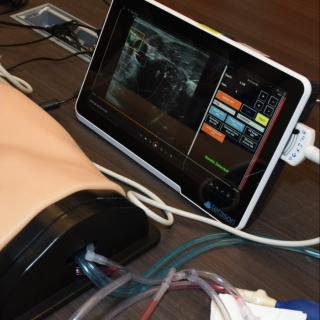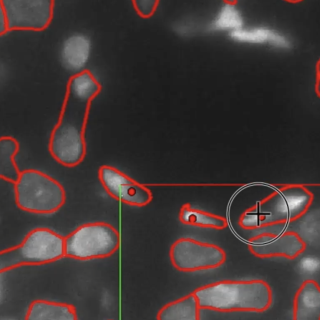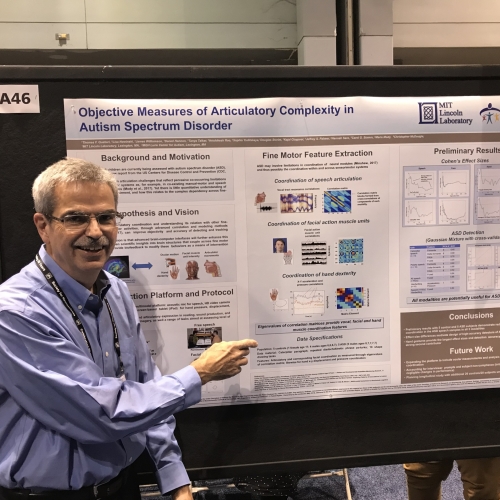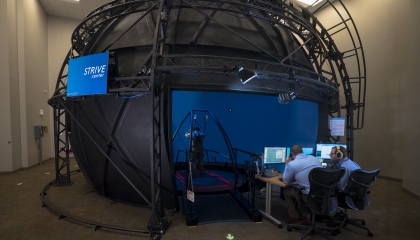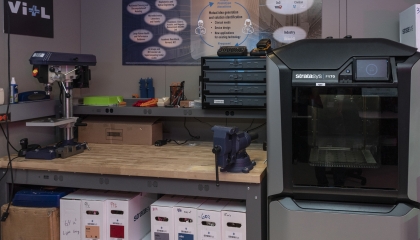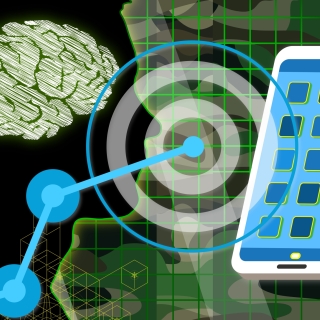
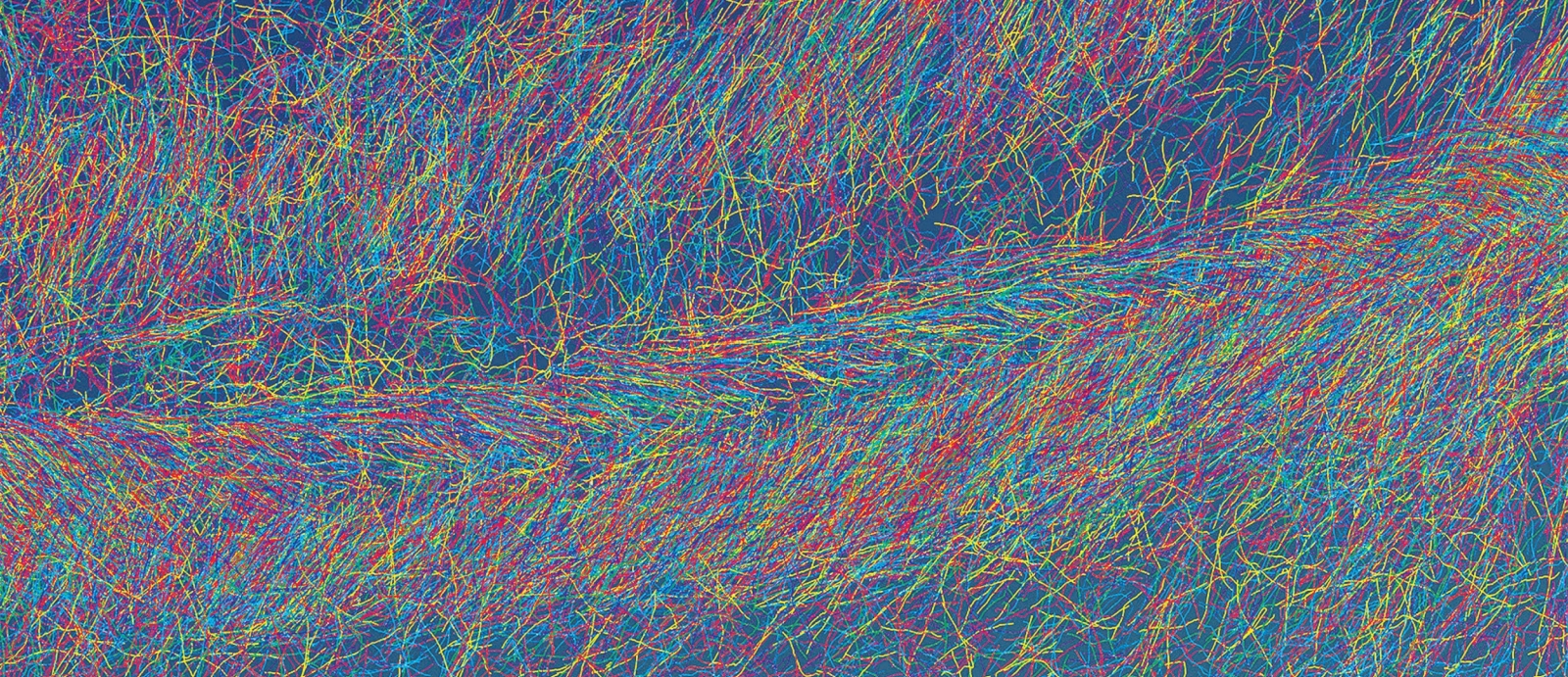
Human Health and Performance Systems
The Human Health & Performance Systems Group develops human-centered technologies to overcome operational challenges and to enhance human capability in domains of interest to national security. Our research programs focus on innovative and objective solutions in the areas of integrated wearable systems, human-machine teaming, enhanced communications, neurocognitive analytics, and medical technologies. Our group is highly interdisciplinary and includes scientific experts in physiology, cognitive science, neuroscience, psychology, biomechanics, computer science, linguistics, engineering, and physics. Our core technical competencies include system-level modeling and gap analysis, advanced sensing and signal processing, machine learning and artificial intelligence, computational modeling, hardware and software prototyping, model-based systems engineering, and human data collection in laboratory and field environments.
We are hiring! See open opportunities
Featured Projects
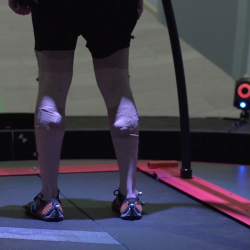
Assessment of Mild Traumatic Brain Injury

Human-Exoskeleton Fluency
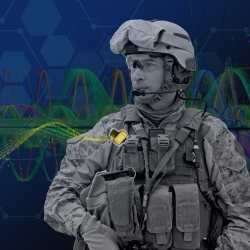
Model-Based Systems Engineering Analysis

Automatic Pronunciation Feedback
